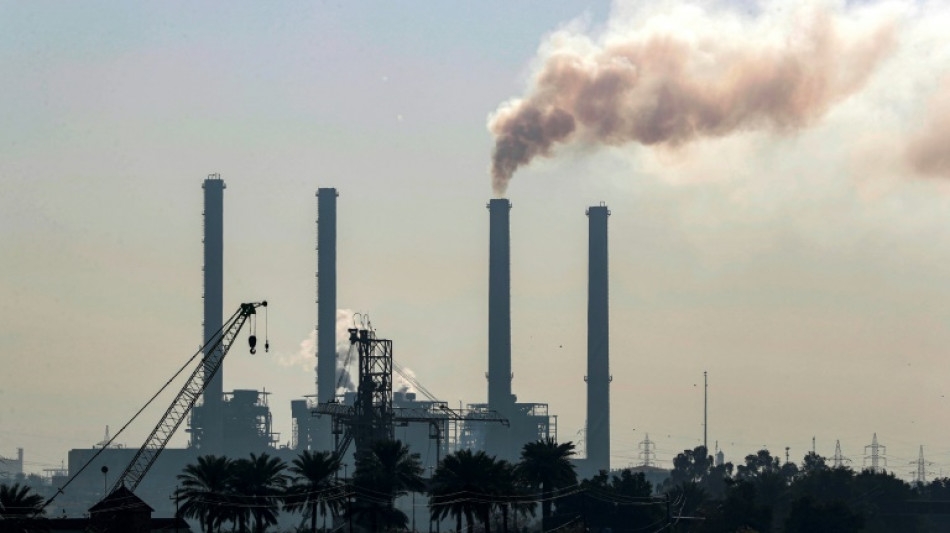
RBGPF
0.0000


Washington has declined to renew a sanctions waiver that allowed Iraq to buy electricity from neighbouring Iran, a spokesperson for the American embassy in Baghdad said on Sunday.
Despite having immense oil and gas reserves, Iraq remains dependent on imports to meet its energy needs, and Iran supplies a third of the country's gas and electricity.
The Baghdad government, which hopes to achieve energy self-sufficiency by 2028, said it had prepared "for all scenarios" regarding the waiver.
"On March 8, the U.S. Department of State did not renew the waiver for Iraq to purchase Iranian electricity," the US embassy spokesperson said.
The decision "ensures we do not allow Iran any degree of economic or financial relief", the spokesperson added.
The statement did not mention Iranian gas imports, which are crucial for Iraq's domestic electricity generation.
The waiver was introduced in 2018, when Washington reimposed sanctions on Tehran after US President Donald Trump abandoned a nuclear deal with Iran during his first term in office.
Since returning to the White House in January, Trump has reinstated his policy of exerting "maximum pressure" against Iran.
"The President's maximum pressure campaign is designed to end Iran's nuclear threat, curtail its ballistic missile program, and stop it from supporting terrorist groups," the embassy spokesperson said on Sunday.
Calling Iran "an unreliable energy supplier", the spokesperson urged Baghdad "to eliminate its dependence on Iranian sources of energy as soon as possible".
"Electricity imports from Iran do not contribute substantially to power delivered to the Iraqi people," the spokesperson added.
- 'All scenarios' -
Decades of war have left Iraq's infrastructure in a pitiful state, with chronic power cuts that become worse during the blistering summer when temperatures often reach 50 Celsius (122 Fahrenheit).
Many households receive just a few hours of mains electricity per day, and those that can afford it use private generators to keep appliances such as fridges running.
Tehran also regularly cuts off its supply, worsening the power shortages that affect the daily lives of 46 million Iraqis.
Iraqi government spokesman Bassem al-Awadi told state media on Saturday that the authorities had prepared "for all scenarios" regarding the waiver, including the use of gas platform vessels via a pipeline connected to power stations in the southern province of Basra.
Iraq hopes to increase its natural gas production to help reduce dependence on imports, and has repeatedly stressed the need to diversify energy sources.
Last year it began importing electricity from Jordan and Turkey, and it also hopes to connect to the electricity grid of Gulf countries.
The government's plans also include recovering flared gas, which is natural gas produced during crude oil extraction.
Gas flaring is the polluting practice of burning off excess gas during oil drilling. The government has made eliminating this a priority, and plans to halt it by the end of 2027.
P.Deng--ThChM